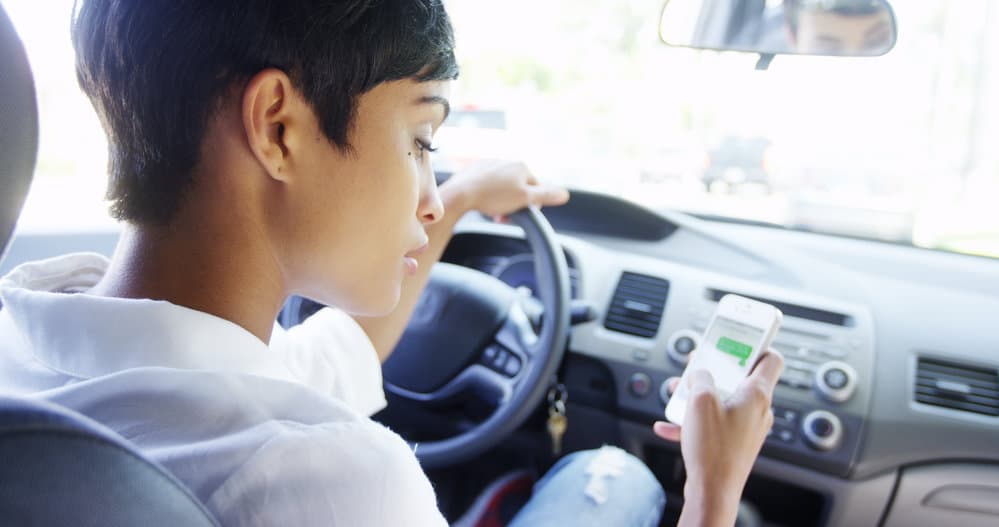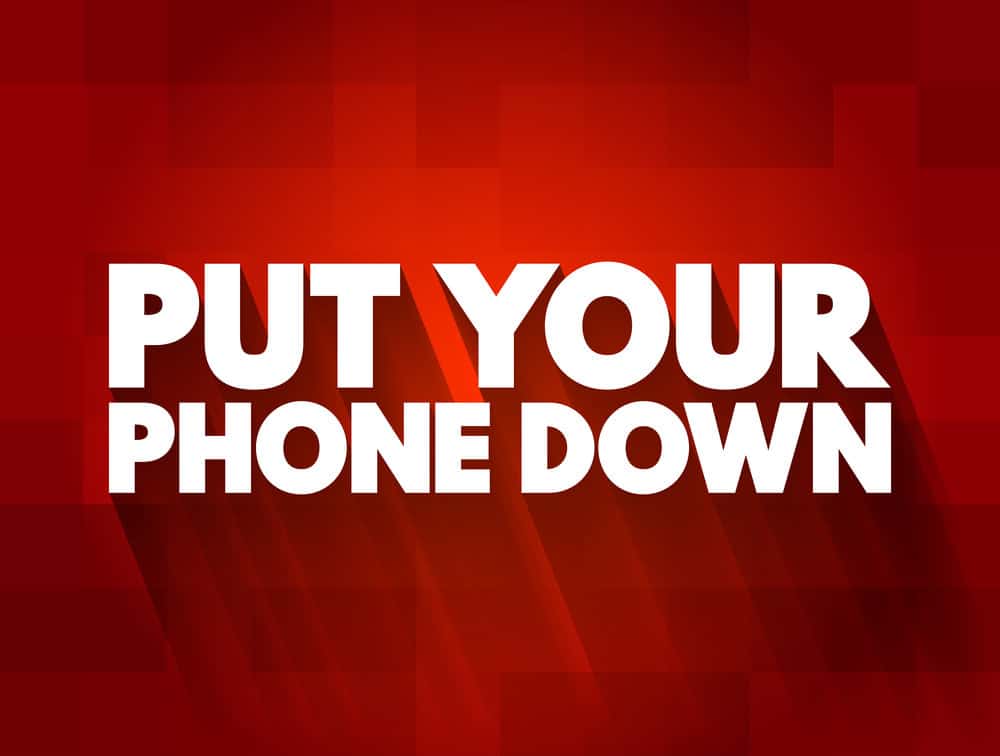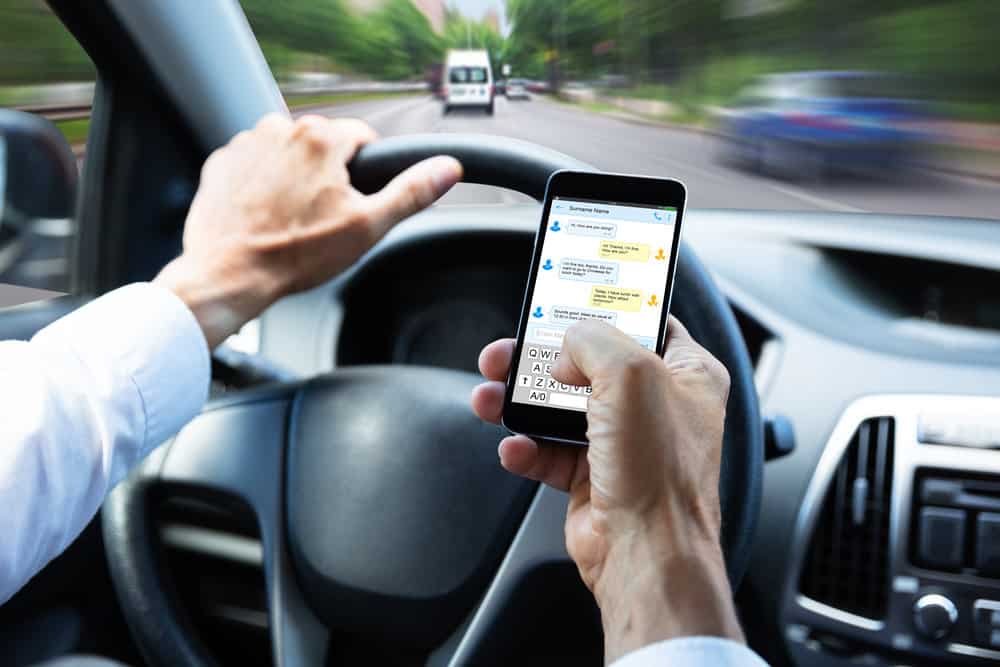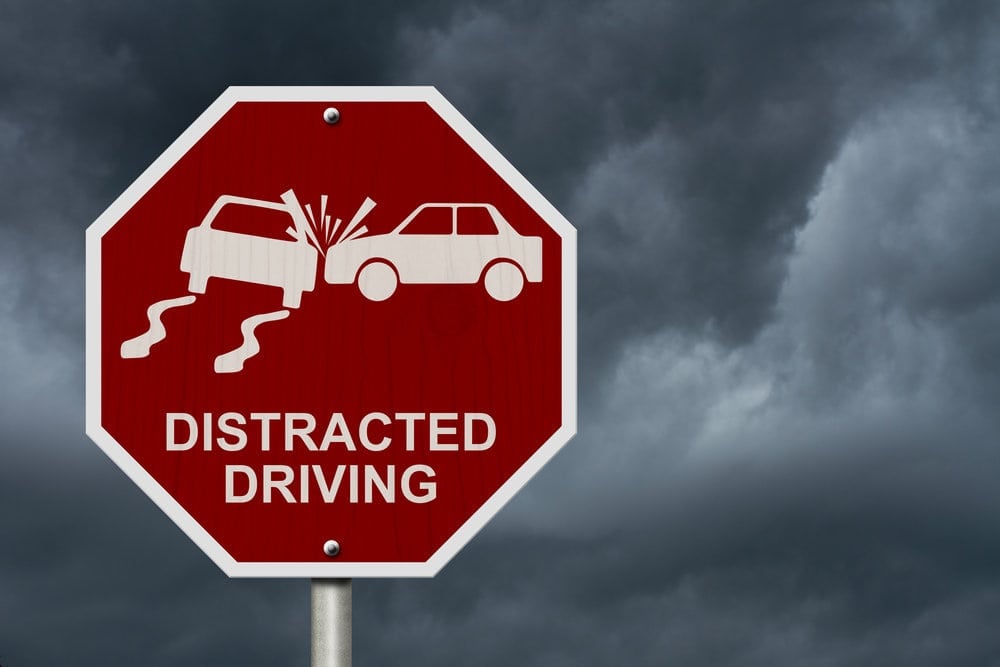Florida’s law on texting and driving has undergone significant changes in recent years to prioritize roadway safety for all users. The Florida Ban on Texting While Driving Law intends to curb the hazards posed by texting behind the wheel. Effective July 1, 2019, texting while driving is now a primary offense, giving law enforcement officers the power to stop and fine individuals engaging in this dangerous activity.
The new legislation imposes fines on drivers who text and drive, with a $30 fine for a first offense, which can escalate to over $100 in certain circumstances. Despite these penalties, official state figures indicate that the law is rarely enforced. Nevertheless, the law has raised awareness about the risks of texting and driving, encouraging drivers to prioritize safety on Florida roads.
This article will further explore the specifics of the Florida Ban on Texting While Driving Law and its impact on driver behavior and road safety since its implementation.
Overview of Florida Texting and Driving Law
Primary Traffic Offense
In Florida, texting while driving is considered a primary traffic offense. This means that law enforcement officers can stop a motor vehicle and issue a citation if they observe the driver engaging in texting while driving. The “Florida Ban on Texting While Driving Law” aims to improve roadway safety for vehicle operators, passengers, bicyclists, pedestrians, and other road users, as well as prevent crashes related to texting while driving.
Penalties and Fines
The penalties and fines for texting while driving in Florida are as follows:
- First offense: A fine of $30 with no points assessed to the driving record.
- Double texting and driving offense within 5 years: A moving violation with a $60 fine and 3 points on the driving record.
- Texting in a school zone: 2 points added to the primary offense.
Exceptions and Loopholes
While Florida’s texting and driving law prohibits text messaging while driving, certain exceptions, and loopholes exist:
- Drivers can make phone calls, as it is not considered a violation of the law
- Checking weather or traffic alerts is allowed
- Using phones for navigation purposes is permitted unless driving through a school or construction zone, which are deemed “hands-free” spaces where any phone activity while driving is illegal.
Notably, enforcement of Florida texting and driving law has been reported as rare, with few citations issued since its implementation. However, the existence of the law signals the importance of avoiding distracted driving and maintaining focus on the road to ensure the safety of all road users.
Enforcement and Statistics
Florida Highway Patrol
The Florida Highway Patrol enforces the state’s texting and driving law, as outlined in Section 316.305 of the Florida Statutes. This law states that a person may not operate a motor vehicle while manually typing or entering multiple letters, numbers, or symbols into a wireless communications device to text, email, and send instant messages. It allows law enforcement officers to stop motor vehicles and issue citations to motorists caught texting and driving.
Local Law Enforcement
Local law enforcement agencies, such as municipal police departments, also enforce Florida’s texting and driving law. However, enforcement can vary from one agency to another. Some local police departments have issued fewer than 10 tickets for texting while driving, while others have written no tickets.
Citations Issued and Demographics
Data regarding citations issued under Florida’s texting and driving law is mixed. For example, a state report mistakenly included 253 tickets from St. Johns County along Florida’s eastern coast. Due to discrepancies in reporting, it is difficult to determine the exact number of citations issued and the demographic breakdown of those who received them.
Impact on Roadway Safety
The primary goal of the texting and driving law is to improve roadway safety by reducing the number of crashes caused by distracted driving. However, the law exempts certain uses of handheld devices, such as for GPS navigation purposes, making calls, or listening to radio broadcasts. The impact on roadway safety is difficult to measure, as no concrete statistics are available to show a direct correlation between the law’s enactment and decreases in crashes related to cell phone use.
Specific Situations and Regulations
School and Work Zones
Texting while driving is dangerous, distracting, and carries additional penalties in specific situations. In school and work zones, drivers must be extra cautious to ensure the safety of those around them. In these areas, using a wireless communication device in a handheld manner is prohibited. If caught texting and driving in a school or work zone, drivers may face a $30 fine and be assessed points on their driving record by the Department of Highway Safety and Motor Vehicles.
Emergency Vehicles and Situations
When near an authorized emergency vehicle, drivers are expected to avoid distractions and maintain full attention on the road. In particular, texting and driving is strictly prohibited when approaching, passing, or following an emergency vehicle with its lights activated. Furthermore, if you are reporting an emergency, you can use a wireless device while driving, but it is advised to do so in a hands-free mode to minimize distractions.
Autonomous Vehicles
As technology progresses, autonomous vehicles have become more prevalent on the roads. Florida law allows for wireless communication devices while inside an autonomous vehicle, as long as the vehicle is engaged in self-driving mode. In this scenario, drivers can engage in texting and other mobile device activities. At the same time, the vehicle is in motion, as it is not considered a dangerous or manual-operated driving situation.
It’s important to remember that regardless of the situation, texting and driving can lead to costly fines, points added to your driving record, and, most importantly, dangerous situations for everyone on the road.
Real-Life Consequences
Notable Incidents
In 2019, Florida recorded more than 56,000 crashes and nearly 300 deaths attributed to distracted driving, including texting. One such case involved a Florida man, Gregory Andriotis, who was found guilty in Hernando County of one count of vehicular homicide and three counts of reckless driving due to distracted driving practices.
Despite the severity of these incidents, Florida’s law against texting while driving, signed in 2019 by Governor Ron DeSantis, remains rarely enforced. The law made texting while driving a primary traffic offense, with a $30 fine for a first offense which routinely climbs to over $100.
Personal Experiences
- Texting Tickets: Motorists in Florida, especially young drivers, risk receiving a nonmoving violation under Florida law if caught texting and driving. For example, this violation is treated as a primary traffic offense In Hillsborough County..
- Emergency Vehicles: Text messaging or nonvoice interpersonal communication, such as emailing, is forbidden while operating an emergency vehicle, such as a police car or an ambulance. Emergency medical services professionals are also required to follow these restrictions.
- School and Work Zones: Florida law specifically prohibits text communications while driving in school crossings, school zones, and work zones. Violating this law in these areas may result in more severe penalties.
- Weather or Traffic Alerts: Despite the restrictions on using text communications while driving, Florida motorists can use their phones to receive weather or traffic alerts, particularly during hazardous conditions on roads like Interstate 4.
- Jeep Incident: In a personal account, a young driver recounts the consequences of texting and driving when they nearly lost control of their Jeep on a busy highway. This incident was a powerful lesson on the importance of obeying texting and driving laws in Florida.
The various real-life cases and examples of texting and driving in Florida highlight the importance of adhering to the state’s laws and understanding the potential consequences.
FAQs
What is Florida’s texting and driving law?
Florida’s texting and driving law, known as the “Florida Ban on Texting While Driving Law” or Section 316.305 of the Florida Statutes, prohibits motorists from operating a motor vehicle while manually typing or entering multiple letters, numbers, symbols, or other characters into a wireless communications device. This includes activities such as texting, emailing, and instant messaging.
Is texting while driving a primary offense in Florida?
Yes, texting while driving is considered a primary traffic offense in Florida. Law enforcement officers can stop motor vehicles and issue citations to motorists found texting and driving.
What are the penalties for texting while driving in Florida?
The penalties for texting while driving in Florida include a $30 fine for a first offense, which can routinely increase to over $100, depending on other factors.
Are there any exceptions to the texting and driving law in Florida?
Some exceptions exist to the law, such as using a wireless communications device for navigation purposes, reporting an emergency, traffic hazard, or criminal activity. Additionally, the law does not apply to law enforcement, fire service professionals, or emergency medical service personnel while performing their official duties.
What about using handheld devices in school zones and construction zones?
Florida law has banned handheld devices such as cell phones while driving through school and construction zones. This ban had a warning period between October 1, 2019, and December 31, 2019. Since then, law enforcement officers can now issue citations for this offense.







